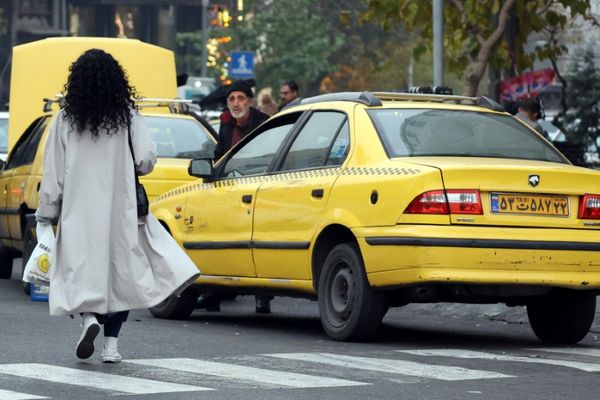
One in four 'strong believers of misinformation' say violence and threats are acceptable ways to achieve change in New Zealand according to polling commissioned by the Government
A survey of 2000 New Zealanders' attitudes towards misinformation and conspiracy beliefs has found a worrying number see violence as justified.
The polling was commissioned by the Department of the Prime Minister and Cabinet and conducted by Kantar Public in September. It was only released on July 4.
A note appended to the report says misinformation isn't new in New Zealand, but "the Covid-19 pandemic provided the perfect storm of 21st Century technological reach and people spending more time online than ever before".
READ MORE: * How to avoid America's misinformation mistakes * 'It looks like everyone is leaving': How police failed at Parliament
Among the key findings were the results on the willingness to resort to violence.
"Disturbingly, this survey identified that 8 percent believe that threatening to hurt someone is an acceptable way to achieve change. The potential of propensity to violence as a justified response to public policy is an obvious area of concern," the note said.
That number rose much higher among people who held 10 or more beliefs related to misinformation, such as that Covid-19 is fake or water fluoridation is unsafe.
Among these "strong believers of misinformation", who made up 19 percent of respondents, 27 percent said "action that results in someone getting physically hurt" is an "acceptable way to achieve change in New Zealand". Similar proportions of these individuals said threatening to hurt someone online (24 percent) or in person (26 percent) was justified.
"New Zealanders are mostly accepting of peaceful, lawful protest, but are more polarised on unlawful protest. More extreme action like threats, damage, abuse or physical harm is generally seen as unacceptable by New Zealanders. However, those with stronger belief in misinformation are more accepting with extreme action. Note that while some are more accepting of extreme action, this is not necessarily an indication that they will personally act on these views," the Kantar pollster wrote.
Those more likely to believe 10 or more of the misinformation statements were male, under 40 and lived rurally.
Half of them said they had stopped watching or reading mainstream media because of Covid-19 reporting, compared to 27 percent of all respondents. They were also more likely to say their mental health had been affected by exposure to false information, that they had chosen not to follow mainstream health advice and that they had stopped talking to friends and family or damaged their relationship with their partner.
One in 10 of the strong believers said they had begun to homeschool their children because of the situation.
On the other side of the ledger, another 19 percent of respondents held no beliefs linked to misinformation. They were disproportionately likely to be over 65, have an income above $200,000 and trust official information sources.
The vast bulk of New Zealanders – 62 percent – held at least one misinformation belief but fewer than 10. Beliefs unrelated to Covid-19 were held by two thirds of respondents, while Covid-19 misinformation was more likely to be related to the virus itself than the vaccine or the public health response.
Distrust of mainstream media, paid advertising and the Government were among the most common reasons people said they didn't believe what was being said about Covid-19.
Even so, for the general public, Covid-19 experts, government agencies, overseas agencies like the WHO and mainstream news media were deemed more trustworthy than friends and family or people on social media.
The survey also identified a high level of concern about Covid-19 misinformation, with four in five saying it was a threat to New Zealand society and our democracy.
Two fifths of the respondents said misinformation comes from individuals and fringe groups, with Destiny Church and anti-vaccine organisation Voices for Freedom specifically named. One fifth pointed the finger instead at official sources like the Government and media, while the remainder were unsure.
In the first nine months of 2022, 48 percent of respondents said they had seen misinformation at least once, with a similar number saying they hadn't seen any. Just 12 percent said they saw it daily or multiple times a week.
The most common types of misinformation reported were around the safety of the vaccine (29 percent), incorrect reporting of Covid-19 death and case numbers (12 percent) and that Covid-19 is a hoax (9 percent).







